|
By Karen Carnabucci, LCSW, TEP
Here we are, at the threshold of June. And you know what that means – people will be taking vacations, staycations and other blocks of time away from work. This means that your psychotherapist will likely be taking some time off as well. You may have lots of reactions about his, her or their impending absence, and that’s all right. Even though you intellectually understand that your therapist is fully entitled to time off for rest, relaxation and rejuvenation, you may notice contradictory feelings that don’t match the logic of the situation.
0 Comments
By Karen Carnabucci, LCSW, TEP
When my very elderly mother-in-law died quietly in her sleep nearly six months ago, we searched for a way to honor and acknowledge her life without endangering our friends and family. We settled on a short and simple service at a local funeral home, politely discouraging most friends from attending while planning an program in early January. We engaged a local Playback Theatre troupe to present an online memorial performance and invited people to tell stories about Erma and her 96 years on this planet. And then we laughed, we cried, and we laughed and cried some more. With the help of the members of River Crossing Playback Theatre, we saw and heard our stories literally “played back” as we watched and listened to the complexities of one woman’s life. By Karen Carnabucci, LCSW, TEP
It’s 2021, and that means we’re climbing out of the worldwide pandemic and reviving our professional conferences. That’s what’s happening with the American Society of Group Psychotherapy and Psychodrama, which finished its five-day online conference. I presented during the pre-conference – "Shaking Your Family Tree: Who’s In Your DNA?” – and attended the rest of the conference, which ended Sunday. Here’s my 10 conference takeaways: By Karen Carnabucci, LCSW, TEP
Although I’m trained in clinical social work, mental health and the experiential healing arts, I do have a big interest in physical health. My own health, of course. And other people’s health, because I work with people and feel a great responsibility to provide accurate and useful information about health options, including the greatly awaited and wildly heralded COVID-19 vaccine. Admittedly, I was not first in line for the vaccine. I've historically had a healthy skepticism to the arrival of every new medication on the market. I like to do my research and wanted to watch for side effects as vaccinations began in the United States. I’ve been keeping close watch on the Centers for Disease Control and Prevention’s website and other reputable sources for news on pandemic numbers, variants and treatments and talked with medical professionals that I trust, including my naturopathic doctor. Having just sailed past number two of two vaccinations, here are a few tips that I’ve learned that may make your vaccination easier to receive: Get arnica. Arnica, sometimes called Arnica Montana, is a common homeopathic remedy that I’ve used to heal bruises, black and blue marks and general body and muscle stiffness (like shoveling snow or over-working in the garden) for years. It is an over-the-counter remedy and comes in tiny pellets or small pills as well as a cream or gel for topical use. It used to be available at only natural food stores and natural health stores but in recent years has become more mainstream and is often found in regular drug stores and of course online. I use the Boiron brand. By Karen Carnabucci, LCSW, TEP
This year, psychodrama is celebrating its 100th year. That’s a lot of years. It's been an interesting century. Every serious psychodrama student knows the history of this amazing method. A young physician, fascinated by theater and priding himself a rebel to the Freudian philosophy of the time, rents a theater in Vienna on April 1, 1921. He dresses dramatically as a jester and places a throne on the empty stage. With dignitaries watching, he invites someone to sit upon the throne, willing to take leadership of still-recovering Austria, which was repairing the ravages of World War I. In celebrating this psychodrama milestone, we have the opportunity to look at its history and evolution through the years. Indeed, it may be challenging to find a philosophy that is hardly known by the public and at the same time so firmly embedded in our culture with group therapy, support groups, social networks, role play, experiential psychotherapy and other action activities. "Not Just Child’s Play: Using Furry Auxiliaries to Enliven Your Therapy Sessions" on March 19. By Karen Carnabucci, LCSW, TEP
Let’s talk about puppets. And play. And why play is so essential for discovery, growth, healing and change no matter who you are or how old you are. Play is often considered suitable for little people – children – until they are able to grow older and “talk” about their problems and transition into the kind of therapy that “big people” do. Which is why I want to tell you about puppets, stuffed animals and dolls and their value for people of all ages. The fact is that children, teens and adults hugely benefit from play as a genuine therapeutic intervention that not only support learning to emotionally regulate but also to build spontaneity and creativity that is so valued in Dr. J.L. Moreno’s method of psychodrama. My good friend and colleague Linda Ciotola, M.Ed., TEP, and I have talked a lot about this. We co-wrote the book Healing Eating Disorders with Psychodrama and Other Action Methods: Beyond the Silence and the Fury, where we briefly the use of props in education and psychotherapy, and we mention play in our conversations practically all the time. One of the best times I've had in recent years is sitting in Linda's play room in her home, talking with puppets. By Karen Carnabucci, LCSW, TEP
The Winter Solstice – known as the longest night – has opened the way to the coming light. From this moment, each day will become a few seconds longer and each night a few seconds shorter, as our planet’s Northern Hemisphere twirls closer to the sun. The Winter Solstice, which we popularly call the first day of winter, is the holy day of our ancestors, one not burdened with the hurry and commercialism of our modern Christmas Day. The solstice only asks that we pause and look to our relationship with the sun, the light, the dark, and other great powers beyond our comprehension. **Our ancestors celebrated** the “fire” festivals to acknowledge the rebirth of the sun, and these festivals are found in variations throughout the ancient world. 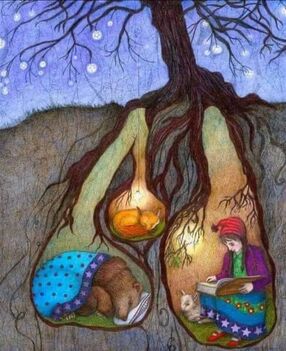 By Karen Carnabucci, LCSW, TEP Nearly 10 months into this experience of the 2020 pandemic in the United States and around the world, there's a lot of profound writing and evocative art coming from writers and artists. They ask us to consider our experience of the pandemic as something that is more than terrifying, although it is certainly scary, and one that allows for deep change to happen on multiple levels. This prose poem from Kitty O'Meara has been making the rounds online, become widely shared and truly a viral phenomenon. O'Meara is a former teacher and retired chaplain who lives near Madison, Wis., and penned this writing to work through her own anxiety: Here is the poem: “And the people stayed home. By Karen Carnabucci, LCSW, TEP
Beyond multiculturalism education and cultural competency, we discover a new phrase – that of decolonizing therapy. This important movement demands that we explore how we can begin to include the trauma of oppression within our healing and helping sessions and dismantle the often-unconscious structures of racism that permeate the field of mental health as we know it. This “decolonizing” trend is related to the larger decolonizing movement, which is the undoing of colonialism, the latter being the process whereby a nation establishes and maintains its domination on overseas territories, and speaking up for social justice and inclusion. Within the educational context, for instance, this means confronting the colonizing practices that have influenced education in in the past, and which are still present today; in application, this would include diversifying materials and content, teach to learning outcomes that address power and social justice and design assessments that allow diverse students to demonstrate mastery in diverse ways. By Karen Carnabucci, LCSW, TEP
One of our dearest illusions in the workings of the brain is the belief that, “It can’t happen here.” Too frequently, and in too many ways, we come to learn – actually experience – that it can indeed happen here. The latest place of this lesson is the medium-sized Midwestern city of Kenosha, Wis., which has been everywhere in the news because of what happened two weeks ago today. Sadly, the community is the place where Jacob Blake, an apparently unarmed Black man was shot seven times in the back at extremely close range by a police officer while Jacob's three children watched from the back seat of the car that their father was trying to enter. |
AuthorKaren Carnabucci, LCSW, TEP, is an author, trainer and psychotherapist who promotes, practices and teaches experiential methods including psychodrama, Family and Systemic Constellations, sand tray, mindfulness and Tarot imagery. Archives
December 2023
Categories
All
|
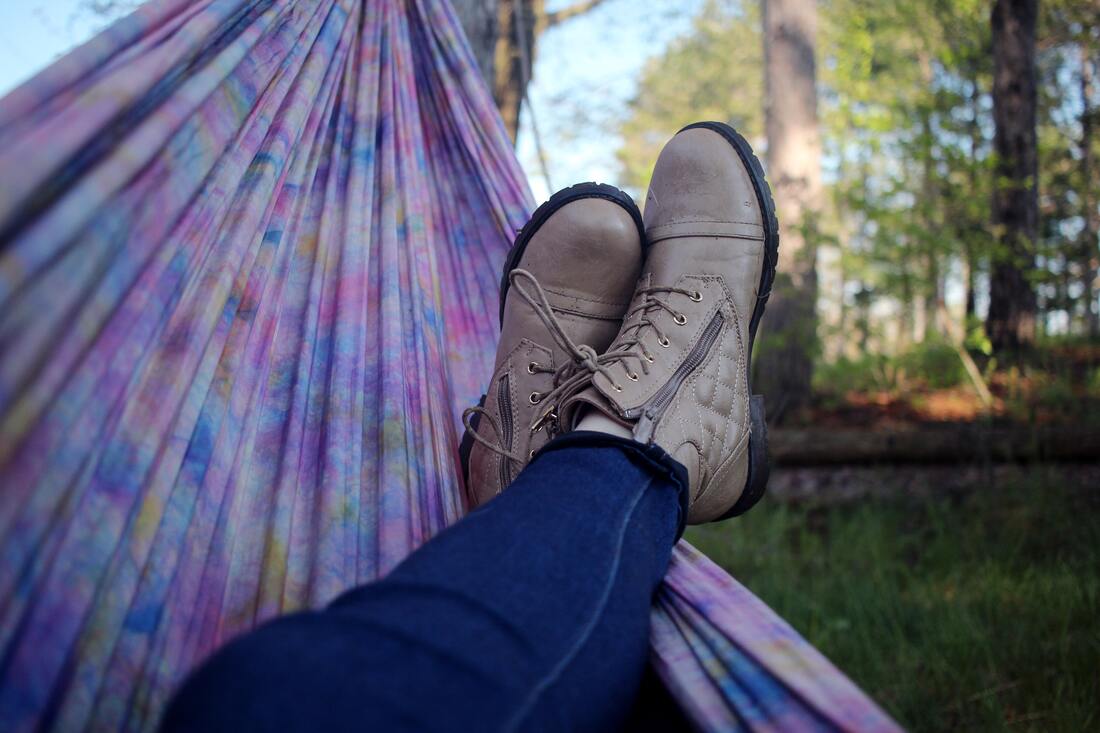
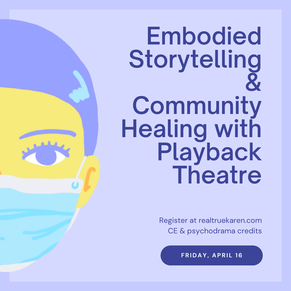
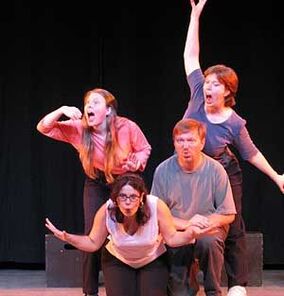
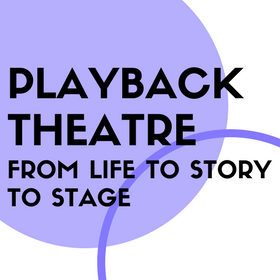
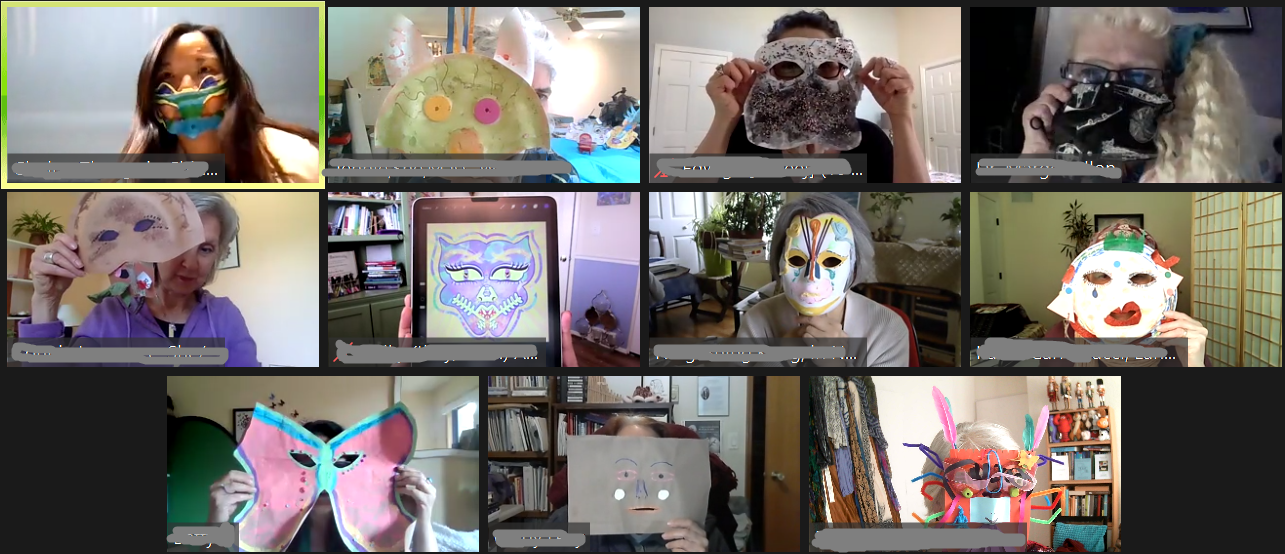
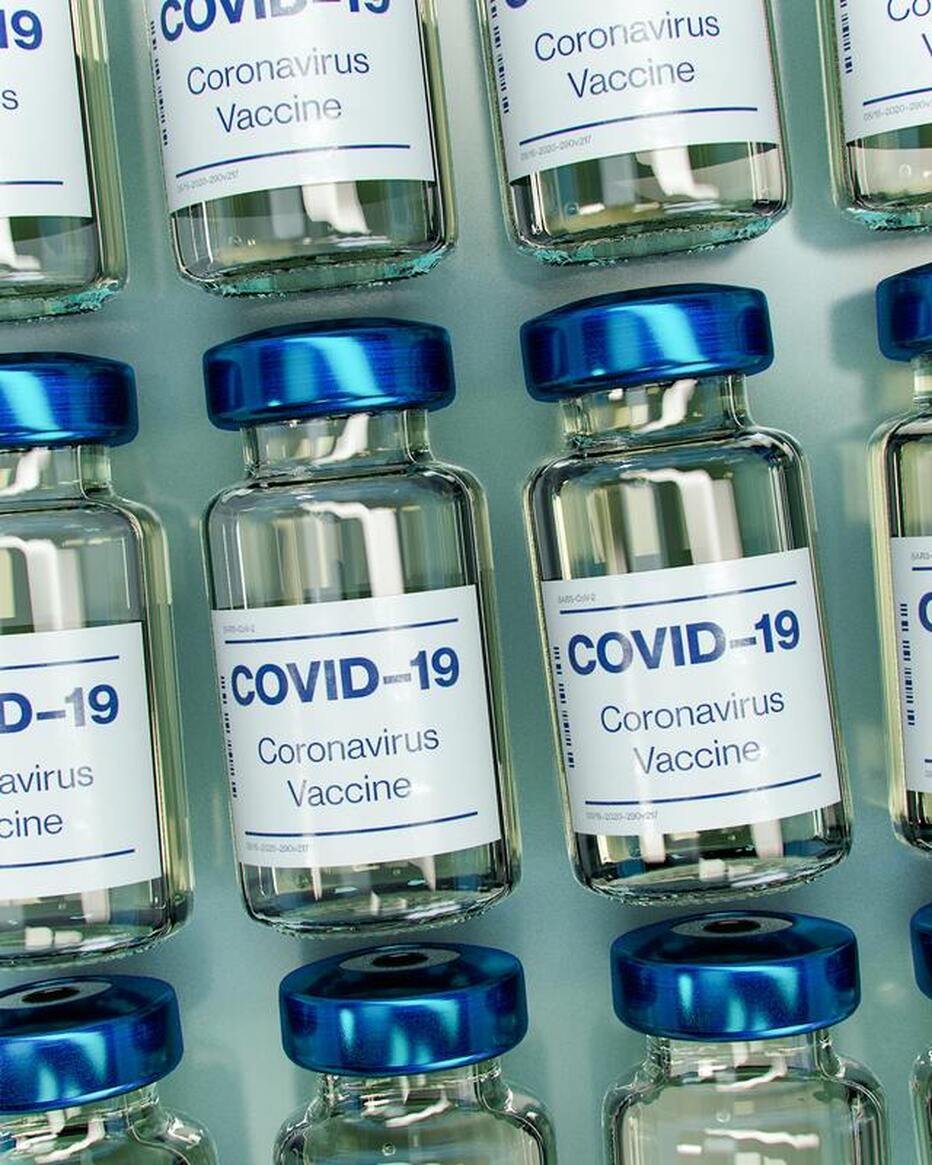

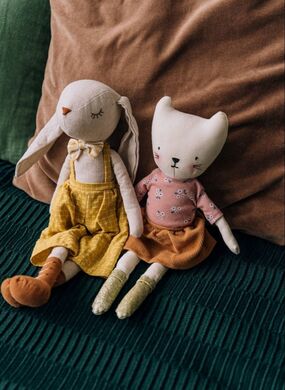
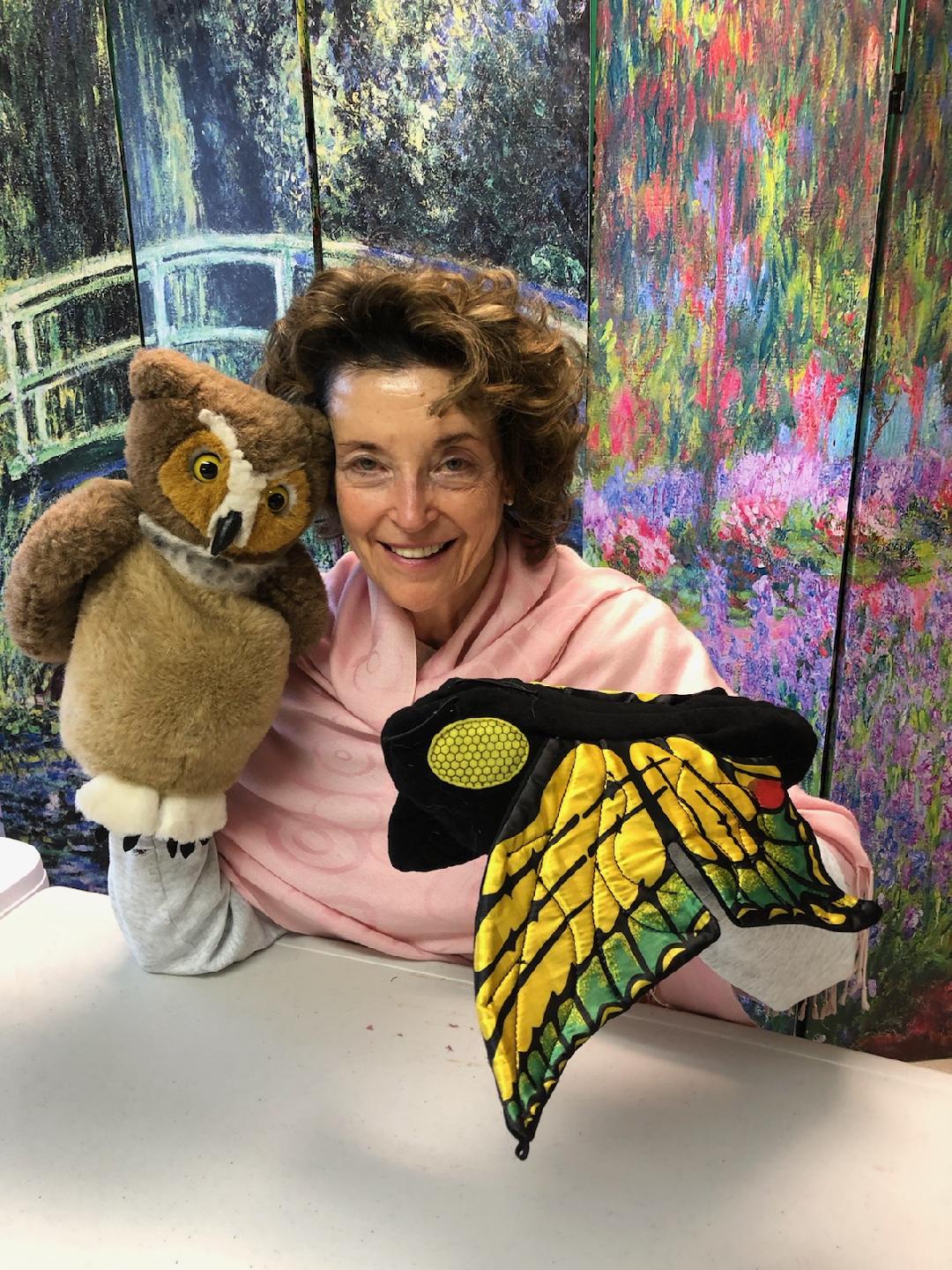


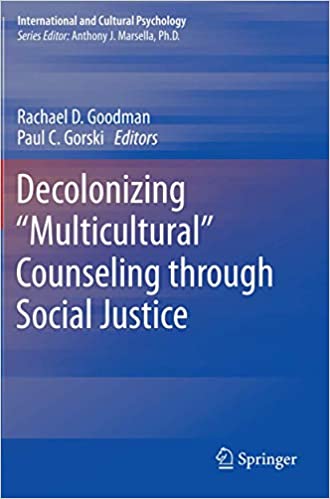
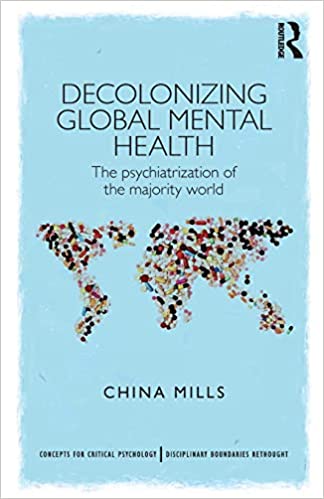
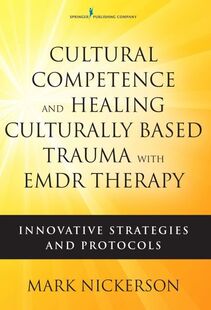
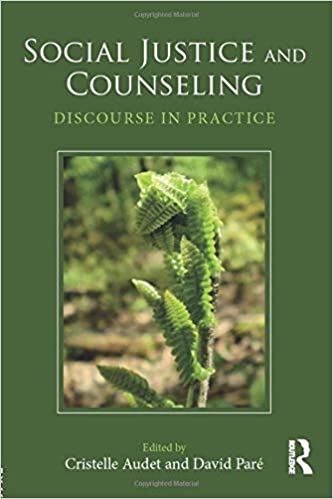
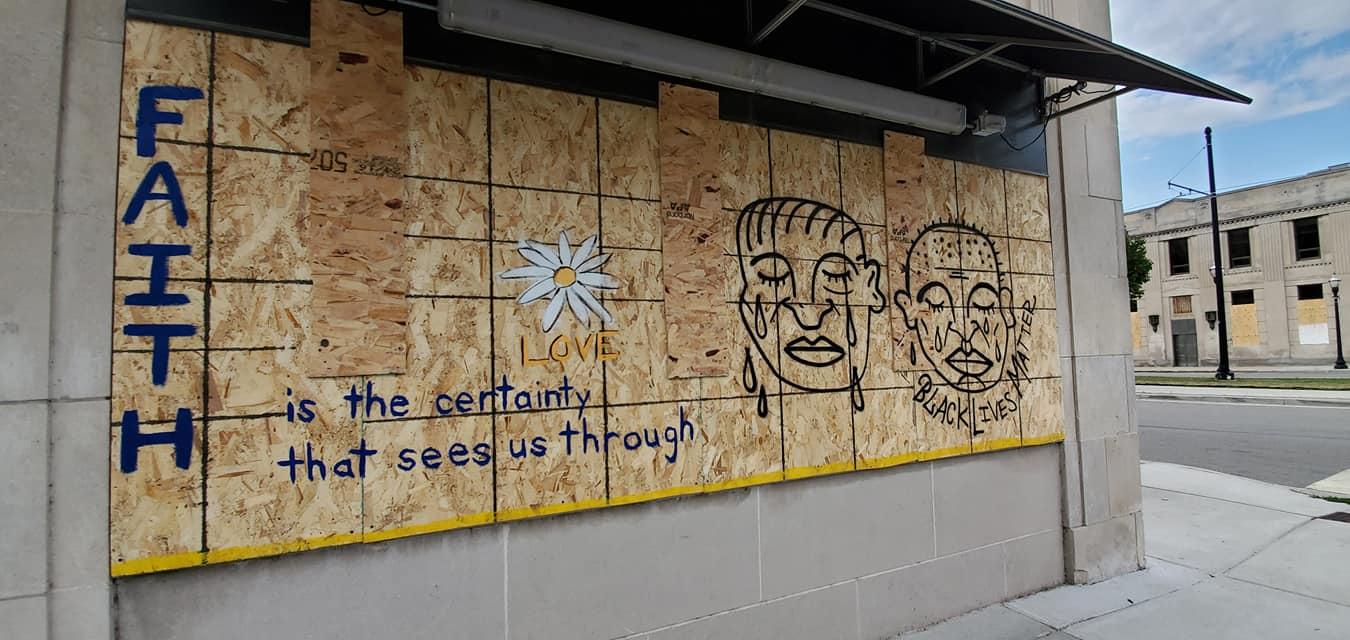
 RSS Feed
RSS Feed